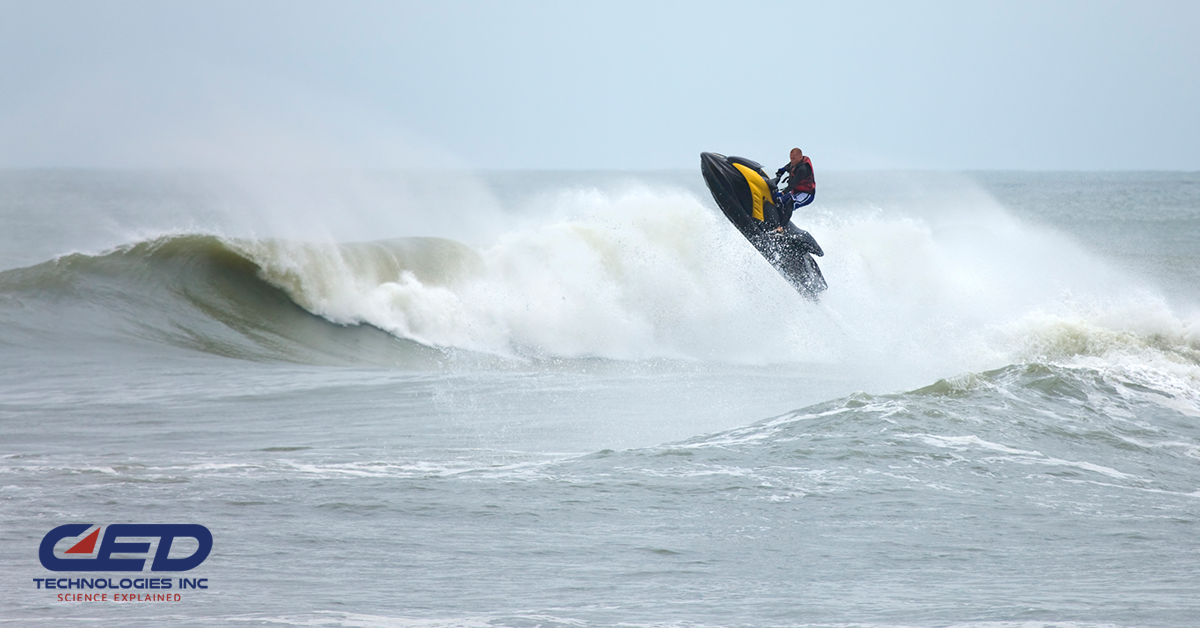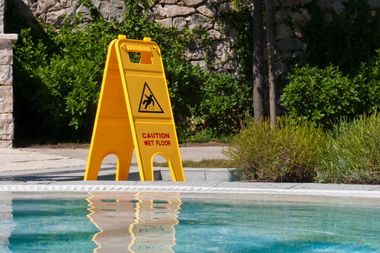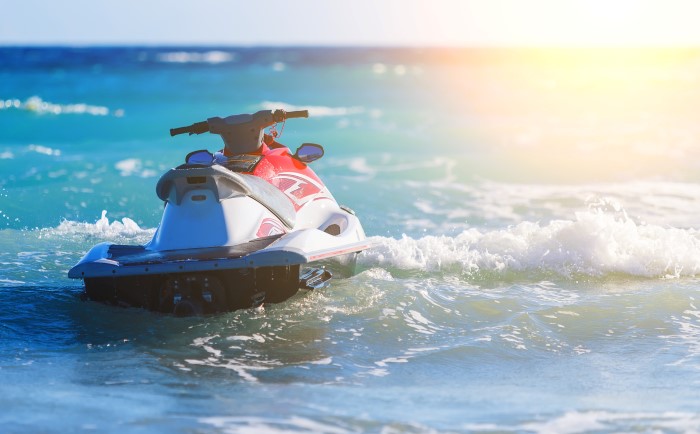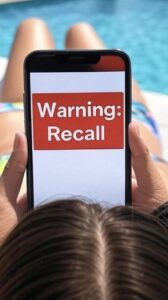Summer is here and for many people this means it is time to get out on the water. Before hopping on your personal watercraft (PWC), commonly known as SeaDoos, Jet Skis, and WaveRunners, make sure safety is the priority.
The United States Coast Guard (USCG) categorizes all PWC as marine vessels. This means a PWC is held to the same standards as larger recreational boats. By design, PWC are able to accelerate and maneuver quickly. PWC also offer less protection for the operator and occupant compared to other watercraft, exposing riders to the potential of injury. PWC are more powerful than they look and can operate at speeds more than 65 mph. Like other boats, PWC have no brakes and may need extended stopping distances at high speeds.
It may come as a surprise that PWC contribute to an alarming number of deaths. In 2019, the USCG recreational boating statistics reported 614 injuries and over 40 deaths that can be attributed to PWC accidents. The most common accidents are collisions between two PWC.
What factors can contribute to PWC incidents?
- Inexperienced and/or untrained operators. Operators should not share a PWC with an untrained or inexperienced operator.
- Traveling too fast for conditions.
- Failure to adhere to the USCG maneuvering regulations.
- Failure to wear an approved life jacket.
- Limited visibility and bad weather can be especially dangerous.
It is up to each PWC owner and renter to ensure that USCG safety regulations are followed. We recommend following your state’s requirements and obtain proper boating and PWC licenses and certificates. Watch your speed, wear an approved life jacket, and always be aware of your surroundings and other water traffic.
Click Here To See Our Full List of Experts Click Here To Submit an Inquiry about a possible Claim or Case.






